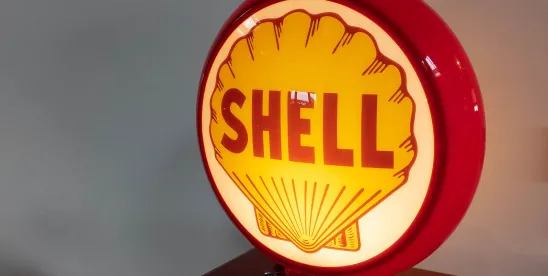Three years ago, a court in the Netherlands had ruled that Shell--a multinational fossil fuel company based in the Netherlands--had the obligation to reduce its carbon dioxide emissions by forty-five percent by 2030, relative to the 2019 level. That decision has now been overturned on appeal by an intermediate court of appeals in the Netherlands. Specifically, the court held that although “Shell has an obligation to counter dangerous climate change . . . [that] does not mean that the civil court is able to establish that Shell should reduce its CO2 emissions by 45%, or any other percentage.” In other words, a central component of the earlier decision--the imposition of a court-ordered legal requirement to reduce greenhouse gas emissions by a set percentage--has now been vacated by a higher court.
Besides the immediate impact of the decision itself--which relieves Shell of the responsibility for considerable efforts to reduce its greenhouse gas emissions--this ruling may discourage similar litigation in the future that seeks to use the courts to impose particular requirements on individual companies to reduce greenhouse gas emissions by a specific amount. Based upon the reasoning articulated by the court here--that “the available climate science” “do[es] not provide the court with sufficient support to oblige [the company] to reduce its CO2 emissions by a certain percentage”--such efforts are unlikely to be successful, as those efforts would rely on the same climate science that this court has now deemed inadequate. Even though the lower court's decision may yet be resurrected following an appeal to the Netherlands' highest court, this legal strategy now appears decidedly more risky, and those seeking to reduce greenhouse gas emissions may well pursue other tactics, whether through the courts or alternative avenues.
This case revolves around the question whether Shell has the obligation to reduce its CO2 emissions by 45% by 2030 relative to 2019 levels. Milieudefensie et al. have sought a court order to this effect on the basis that Shell acts unlawfully if it fails to reduce its emissions by 45%. In this judgment it is determined on the basis of objective factors that Shell has an obligation to counter dangerous climate change. However, this does not mean that the civil court is able to establish that Shell should reduce its CO2 emissions by 45%, or any other percentage




 />i
/>i
